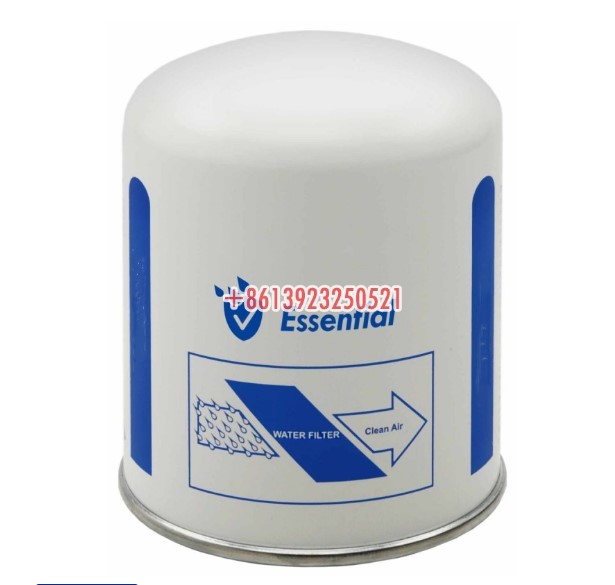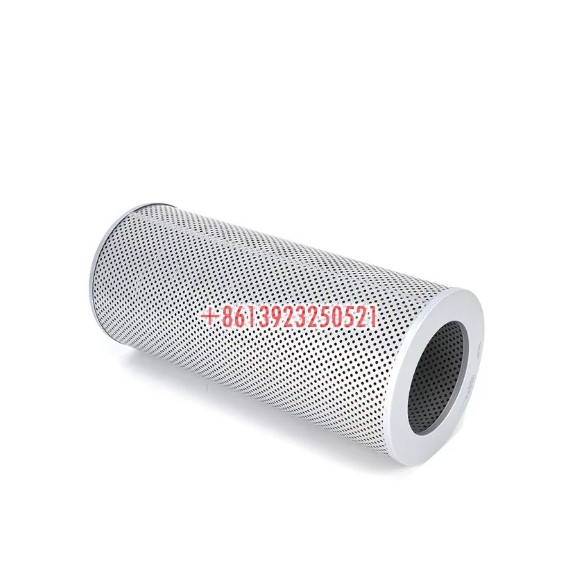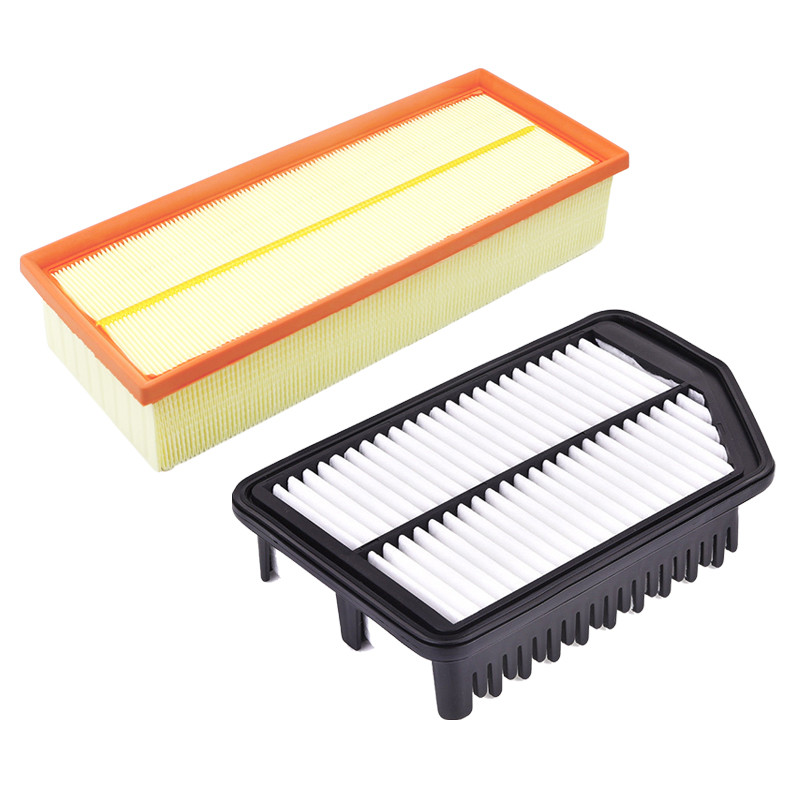When it comes to maintaining the performance and longevity of your vehicle's fuel system, a water fuel separator plays a crucial role. This device helps remove water and other contaminants from the fuel, ensuring that only clean and pure fuel reaches your engine. However, like any other component, a water fuel separator has a limited lifespan. Continue reading this article and explore more about the lifespan of a water fuel separator.
Estimated Lifespan of a Water Fuel Separator
Typically, a water fuel separator's life expectancy ranges from 30,000 to 50,000 miles, or about 3 to 5 years under normal conditions. However, this is a general guideline and the actual lifespan can be influenced by the specific use case, the maintenance schedule followed, and the environmental conditions in which the vehicle operates.

Factors Affecting The Longevity
Several factors can influence the lifespan of a water fuel separator. Understanding these factors can help you take appropriate measures to prolong its longevity and ensure optimal performance. Here are the key factors as the following:
Fuel Quality
The quality of the fuel being used is a crucial factor that can impact the lifespan of a water fuel separator. Poor-quality fuel containing high levels of contaminants, such as water, dirt, or debris, can accelerate the wear and tear of the separator. These impurities can clog, corrode, and destroy the separator, lowering its efficacy and limiting its lifespan. It is critical to utilize clean, high-quality fuel from recognized suppliers to reduce strain on the separator and ensure its life.

Maintenance
Regular maintenance is essential for extending the life of a water fuel separator. Following the manufacturer's suggested maintenance schedule, which includes frequent filter replacement and system checks, is critical. Over time, the filter in the separator can become clogged with contaminants, hindering fuel flow and reducing efficiency. Regularly replacing the filter ensures optimal performance and extends the lifespan of the separator. Neglecting maintenance can lead to decreased efficiency, increased strain on the separator, and a shorter overall lifespan.
Environmental Conditions
The operating environment of a vehicle can influence the longevity of a water fuel separator. Working in hostile situations with high humidity, intense temperatures, or exposure to corrosive chemicals might hasten the breakdown of the separator. Moisture and contaminants from the environment can find their way into the fuel system, affecting the separator's efficiency and durability. It's important to protect the fuel system and the separator from these adverse environmental conditions whenever possible to extend its lifespan.

Driving Conditions
The driving conditions and usage patterns of a vehicle can also affect the lifespan of a water fuel separator. Vehicles subjected to frequent stop-and-go driving, towing heavy loads, or driving on rough terrain may place additional strain on the separator. These demanding driving conditions can lead to faster wear and tear, reducing the overall lifespan of the separator. To maintain the separator's lifespan, examine the vehicle's intended use and follow any special maintenance recommendations offered by the manufacturer.
Conclusion
To ensure that your water fuel separator maintains its efficacy and lasts as long as possible, regular check-ups and replacements are recommended. For those in the market for a new water fuel separator, consider COOBELL as your go-to source. With over two decades of expertise, COOBELL offers a diverse range of water fuel separators tailored to various vehicle models. Enhance your vehicle's fuel system integrity and performance by visiting our product page for more details and options tailored for your car.


.jpg)
.jpg)
